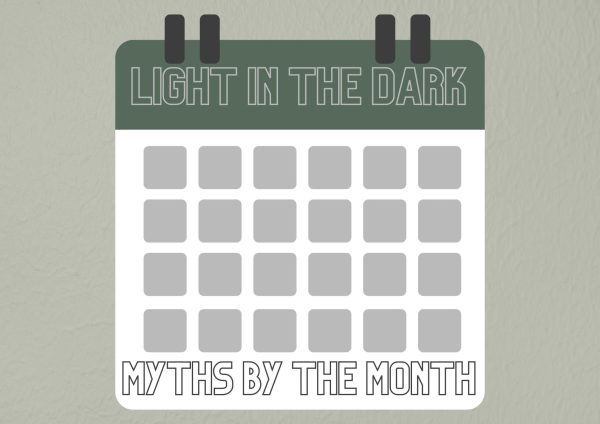Five tips for coping with anxiety
According to the Anxiety and Depression Association of America, anxiety disorder is the most common mental illness in the U.S., affecting 40 million adults age 18 and older, though often times only one-third actually get treated. Anxiety is different for everyone, whether that’s a constant feeling of fear and helplessness in daily activities or feeling trapped while the world continues to rotate. However, there are some things that are more effective than the usual advice to “be positive” or just “stop thinking so much.” Here are five approaches to coping with anxiety.
- Stay fit and healthy: Going for a walk or jogging a few times a week distracts you from the thoughts in your head. It encourages you to care for your health as well as better yourself. Getting enough sleep and eating a balanced diet also helps coping with your anxiety because you won’t be drained and stressed as much.
- Breathe: When you’re so caught up in the stress and worries in the world, it’s important to take a moment to breathe. It helps to physically see yourself breathe in and out in order to remind yourself that life is concrete and to live in the moment. Meditating also helps as it calms you down and relaxes your worry.
- Making a list: Make a list of your fears or problems to physically see them on paper. Then, break each problem down into a series of tasks, and rank the tasks in order of difficulty. It helps to visualize your fears and go one by one tackling them. Attempt the easiest task first, and keep on returning to it day after day until you feel fairly comfortable with it. Give yourself as long as you need, then move on to the next task and do the same thing, and so on. Try to adopt this positive outlook: although the symptoms of anxiety can be terrifying, they cannot harm you.
- Talk to someone: No matter how hard you try to solve our problems, sometimes you need a little help. It’s okay to ask someone for help. Bottling up all your fears and emotions ends up hurting you the most. Talking about what you are going through helps put words to your emotions, and even if you can’t talk about it, drawing or writing about the way you feel helps lift the stress from your shoulders.
- Schedule rest breaks: Everyone needs a break, but often times you forget to take one. Staying organized helps you plan your day and physically planning a day reduces the stress of last-minute events or tasks. Set an alarm on your phone to remind you to take a few minutes several times a day to meditate, breathe or otherwise relax. Also, don’t forget to schedule things you enjoy whether that’s hanging out with friends or watching a movie.

Junior Anusha Mirza is a reporter and this is her first year on staff. She enjoys drinking coffee while binge watching Friends.













